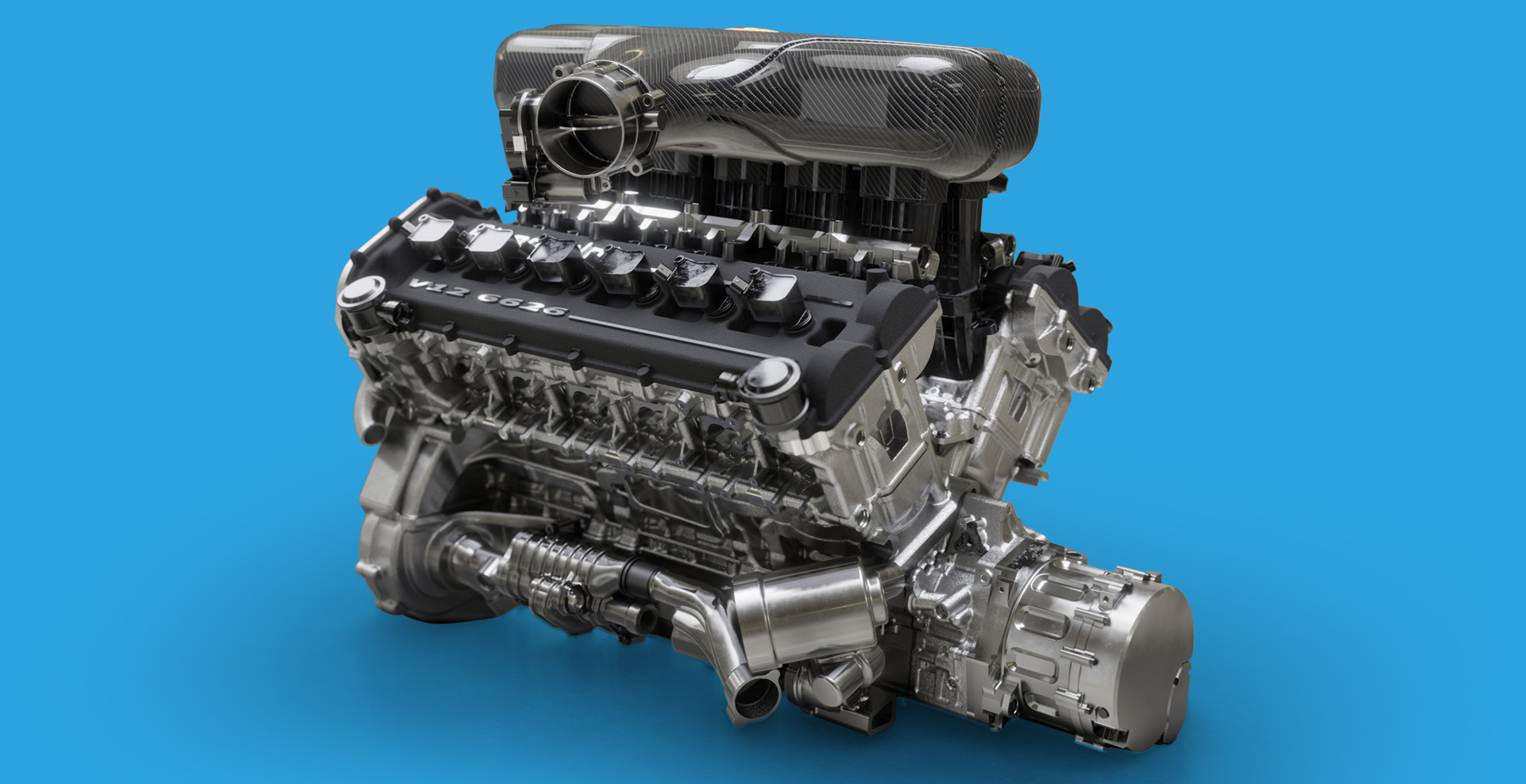Why Select Engines For Africa for Reliable Motors
Why Select Engines For Africa for Reliable Motors
Blog Article
A Total Guide to Picking the Right Engine for Your Project
Selecting the proper engine for your task is a critical decision that can considerably impact its overall success. Each of these components plays a crucial duty in ensuring that your picked engine not only fulfills prompt goals but additionally lines up with long-term ambitions.
Specify Your Job Requirements
Defining your project needs is a crucial action in picking the ideal engine for effective implementation. A thorough understanding of your task's goals will certainly assist you in identifying the features and capacities required from an engine. Begin by laying out the range of your task, including the wanted performance, target market, and the particular end results you aim to attain.
Next, think about the technological demands that straighten with your project objectives. This consists of examining the compatibility of the engine with existing systems, as well as the programs languages and frameworks that will certainly be made use of. Additionally, examine the degree of scalability needed to fit future development or changes sought after.
Budget restrictions additionally play an essential function in specifying your task requires. Establish a clear monetary structure to lead your decision-making procedure, making sure that the engine picked fits within your spending plan while providing the essential functionality.
Evaluate Performance Demands

Next, think about the scalability of the engine. Analyze whether it can take care of increased work as your task expands. Engines that sustain straight scaling are frequently better for larger applications. Furthermore, assess the engine's efficiency under different conditions, such as peak use scenarios, to ensure it meets your reliability standards.
Take Into Consideration Convenience of Usage
While technological requirements are crucial, the convenience of use of an engine can considerably impact the growth procedure and general job success. An intuitive user interface, clear documents, and streamlined process can significantly reduce the learning curve for developers, allowing them to focus on creative thinking and analytic instead of facing complex tools.
When evaluating an engine's convenience of use, think about the onboarding experience. A well-structured introduction, full with tutorials and sample tasks, can assist in a smoother shift for brand-new individuals. In addition, the clarity and comprehensiveness of the engine's documents play a crucial duty; thorough guides and API references can empower developers to fix and implement functions efficiently.
An engine that enables for very easy alterations can be extra straightforward, as developers can tailor it to fit their particular needs without comprehensive headache. Inevitably, picking an engine that focuses on simplicity of use can lead to a much more satisfying and efficient advancement experience.
Assess Community and Support
The strength of an engine's neighborhood and assistance network can greatly affect a programmer's experience and success. A vivid area often suggests a wide range of common understanding, resources, and fixing help that can improve your job's development process. When examining an engine, think about the size and task degree of its area. Larger communities typically provide much more forums, tutorials, and third-party plugins, making it possible for designers to find solutions a lot more effectively.
In addition, evaluate the schedule of official assistance channels. Dependable documentation, receptive customer support, and routine updates are important for resolving technical concerns and keeping your project on course. Engines For Africa. Active neighborhoods additionally promote collaboration, offering possibilities for networking and responses, which can be vital, particularly for little groups or independent developers
Additionally, check out the presence of community-run events, such as hackathons or meetups. These events can improve your understanding of the engine while connecting you with skilled customers and prospective partners. In recap, a robust community and support system not only enhance growth but also create an atmosphere for learning and innovation, find ultimately enhancing the likelihood of your job's success.
Compare Cost and Licensing Alternatives
Budget factors to consider play an important function in choosing the right engine for this article your job, as the expense and licensing choices can considerably impact both short-term expenses and long-term viability. Engines For Africa. Various engines offer varying rates frameworks, which can consist of single purchase fees, membership versions, or revenue-sharing arrangements based upon your project's revenues

Licensing alternatives additionally differ dramatically. Some engines are open-source, using flexibility and community-driven support, while others might need proprietary licenses that limit use and distribution. Understanding the effects of each licensing model is vital, as it influences possession legal rights, future scalability, and prospective legal obligations.
Verdict
Finally, picking the ideal engine for a job necessitates a comprehensive examination of specified project demands, performance demands, simplicity of usage, neighborhood support, and cost factors to consider. By methodically dealing with these critical aspects, decision-makers can ensure placement with both future and existing task needs. A well-informed selection eventually enhances the chance of job success, making it possible for efficient resource allowance and maximizing prospective end results within the defined budgetary restrictions.
Picking the check it out suitable engine for your job is a crucial choice that can significantly affect its overall success.Specifying your task needs is an important action in selecting the proper engine for effective execution. A detailed understanding of your task's objectives will lead you in identifying the functions and capacities required from an engine.Once you have a clear understanding of your task needs, the next step is to examine the efficiency needs of the engine.In conclusion, choosing the proper engine for a task requires an extensive analysis of specified project demands, performance requirements, ease of use, community support, and expense factors to consider.
Report this page